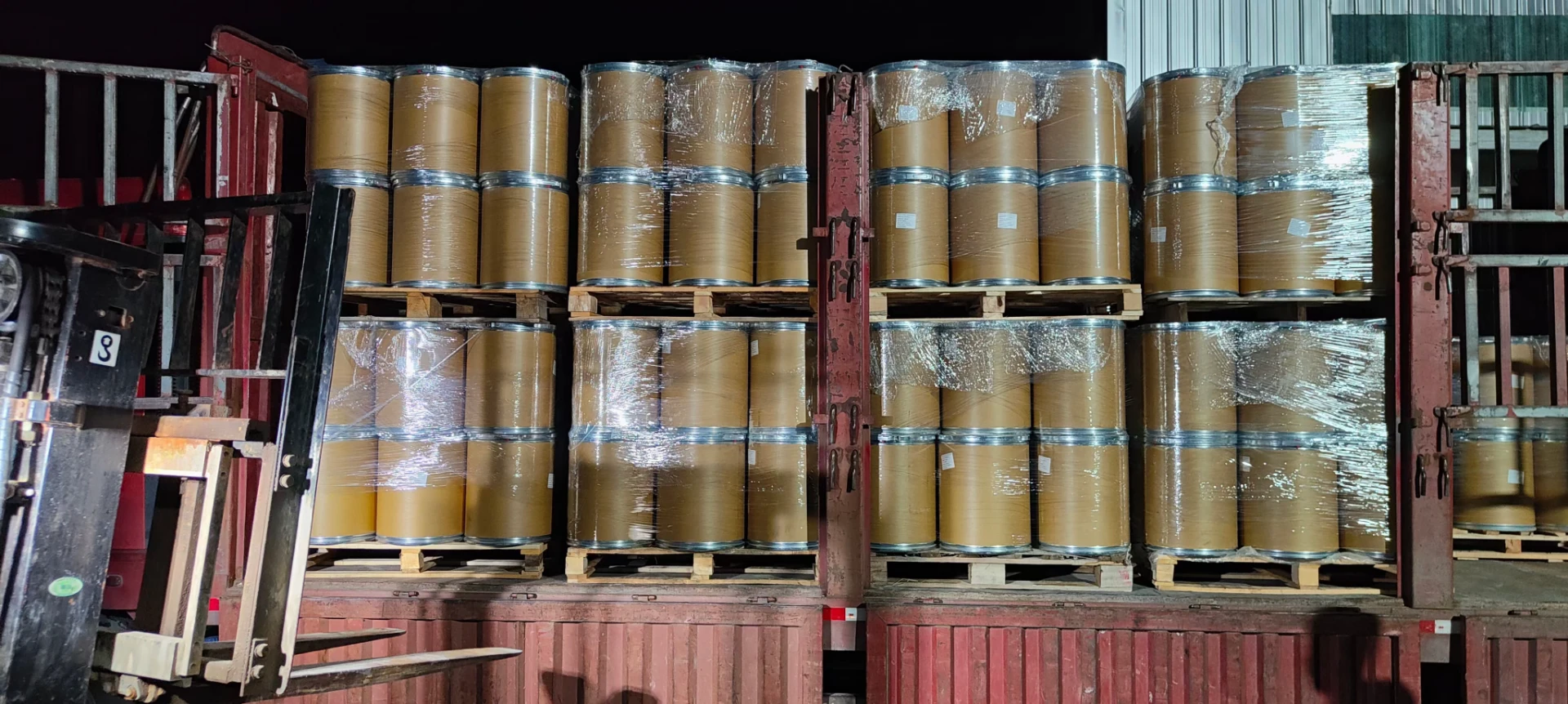

The effectiveness of physico-chemical treatment can be enhanced by integrating advanced treatment technologies such as electrocoagulation, which uses electrical current to remove pollutants. This method has shown significant efficacy in handling complex industrial effluents, including those high in refractory compounds, where traditional treatments fall short. Despite the evident benefits, the deployment of physico-chemical treatments entails considerations of operational costs and chemical usage. A balanced assessment of these factors against treatment goals and regulatory requirements is essential. Moreover, the expertise required to optimize and maintain these systems fortifies their reliability, contributing significantly to the trustworthiness of these technologies in critical applications. Incorporating advanced monitoring and control systems can enhance the performance of physico-chemical treatments. Implementing real-time data analytics facilitates precise adjustments to treatment parameters, ensuring optimal performance and resource efficiency. By capitalizing on digital transformation, wastewater treatment facilities can not only increase their operational effectiveness but also align with sustainability goals through resource conservation and waste minimization. Product innovations and sustainable chemistry are at the forefront of enhancing the environmental footprint of physico-chemical treatments. Green coagulants and advanced sustainable materials are being developed to reduce the chemical load and improve the biodegradability of treatment residuals, supporting circular economy principles. Physico-chemical treatment remains a cornerstone of effective wastewater management strategies. Its adaptability, efficiency, and the ability to integrate with other processes provide industries with a robust solution to meet stringent environmental standards. With ongoing advancements in treatment technologies and sustainable practices, physico-chemical methods continue to evolve, further cementing their role in crafting a sustainable future for wastewater management. As a seasoned expert in this dynamic field, I can attest to the transformative potential these systems offer, driving industries towards cleaner production processes and environmental stewardship.
Next:

